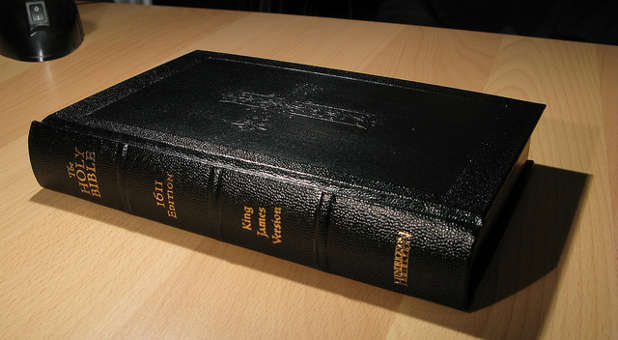Every church and/or organization has a corporate culture with norms, rules and expectations that pressure participants to conform. Some cultures are good and some bad.
That being said, there are particular attributes that characterize false religions or become the norm during religious decline in a true faith such as Christianity. For example, “Every religious system in the world is centered upon a temple (or a sacred place) and has rites and ceremonies, has hierarchies and titles distinguishing men from one another, and has holy days and holy celebrations” (quoted from a teaching I heard from Pastor Tommy Moya several weeks ago).
The Old Testament prophets such as Isaiah, Micah and Amos decried religious ritual that was without true righteousness, humility and love for neighbor (Is. 1:10-17; 58; Amos 5:21-24; Mic. 6:8). The line of prophets arose starting in the 8th century B.C. primarily because Israel had a tendency to focus more on adhering to the temple ritual worship of the Levitical system than the ethical lifestyle required by the Law of Moses as found in the Ten Commandments. For this, the prophets pronounced judgment upon the nation, and God dispersed the people and, on two occasions, let enemies destroy their temple.
We have the same issue in today’s church, irrespective of the denomination or expression of the body of Christ. (Many Pentecostal, charismatic and evangelical churches have these same issues.) Not only that, but all leaders (including me) have to constantly grapple with some or all of the following issues internally to make sure we are never sucked into this false system.
The following are 10 of the characteristics of false religious systems as taught by Jesus in Matthew 23:
1. There are onerous rules and regulations some call legalism (Matt. 23:1-3).
In the contemporary church, there are numerous man-made traditions and requirements that never arose from the Word, which have become an unnecessary burden upon believers. For example, in many Pentecostal churches the emphasis is on outward holiness related to attire, makeup, the cutting of hair, jewelry and other regulations. I have spoken to numerous young people who stopped attending church because these regulations made them feel weird in front of their unchurched friends. Fundamentalists in the past forbade any form of entertainment, including watching movies, listening to the radio, watching television, etc. These are legalistic efforts to bring holiness that have resulted in numerous churches losing their next generation.
See an error in this article?
To contact us or to submit an article





















